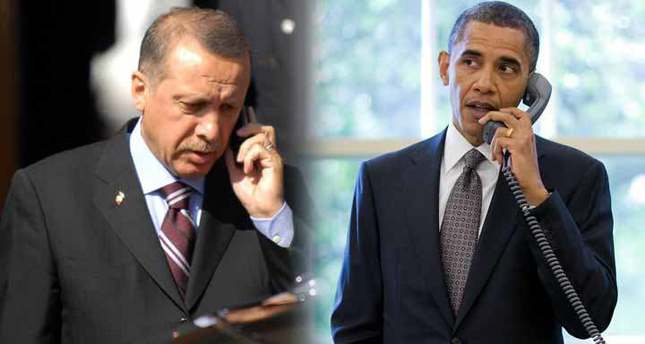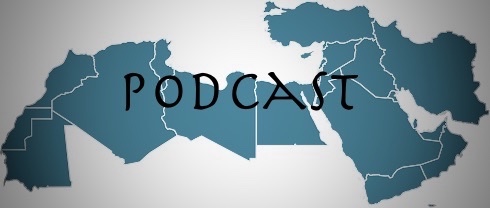The failed coup has also inflicted enormous damage on U.S./Turkish relations, at a time when Turkey and its neighbors are being subjected to extraordinary trials and tribulations
by Hisham Milhem – An Nahar
(translated by Mideast Mirror Ltd)
The failed coup in Turkey has confronted this focal state with impossible choices. It has also inflicted enormous damage on U.S./Turkish relations, at a time when Turkey and its neighbors are being subjected to extraordinary trials and tribulations.
Had the coup succeeded, Turkey would have entered a disturbed phase that could have developed into a civil conflict. This would have been the likely outcome in light of the deep political and cultural divide separating President Erdogan and the ruling Justice and Development Party (AKP) on the one hand, and their many opponents on the other.
But the coup’s failure may lead to a similar situation because of the civilian ‘coup,’ the purges, and Erdogan’s determination to eliminate all his opponents in the campaign he has launched against his real enemies and those followers of the Gulen movement (that he accused of trying to create a parallel state) whom he imagines are his enemies.
Erdogan’s victims are the soldiers and policemen suspected of involvement in the coup, as well as thousands of officers and academics suspected of sympathizing with the Gulen movement and its founder, Fethullah Gulen who has been living in Pennsylvania since the late 1990s. Gulen manages a huge educational establishment in the U.S. that includes over 160 schools specializing in mathematics and the sciences, and that receives government aid and is administered by various teams, most of whom are Turks. These are linked together via a network of institutions, business relations and economic interests focused on the management of these schools. Press investigations have shown that Gulen and his supporters have made financial contributions to American legislators from both parties in recent years.
But even before the coup attempt, Gulen’s presence in the U.S. had become a major cause for the cool personal relations between Obama and Erdogan that were initially friendly. Turkish officials are convinced that American officials sympathize with Gulen’s movement and its activities in the U.S., in addition to its financial returns, part of which Turkish officials claim the movement spends to finance its ‘conspiratorial’ activities in Turkey.
Nevertheless, until a few days ago, Turkey had made no legal request to extradite Gulen and put him on trial. And if such a Turkish request does not include conclusive evidence that can stand up in an American court, it will be very difficult to hand Gulen over to the Turks, especially in light of the fact that Erdogan wants to reinstitute the death penalty that he cancelled in compliance with the preconditions for joining the EU, and that include respect for citizens’ civil and political rights.
But what happened between Washington and Ankara recently was astonishing. Secretary Kerry publicly asked his Turkish counterpart to stop suggesting that the U.S. was involved in the coup. He also hinted that the pursuit of Erdogan’s counter-coup threatens Turkey’s membership in NATO.
Pursuing Erdogan’s coup will drive Turkey into a dark tunnel that may lead it towards a civil conflict that threatens its unity. This is because the disagreements in the country are of a cultural nature over values. They go beyond political issue and are a conflict over Turkey’s identity and policies.
This tug-of-war goes back to the establishment of the Turkish Republic; but the Erdogan phenomenon has made it more urgent and dangerous.






























